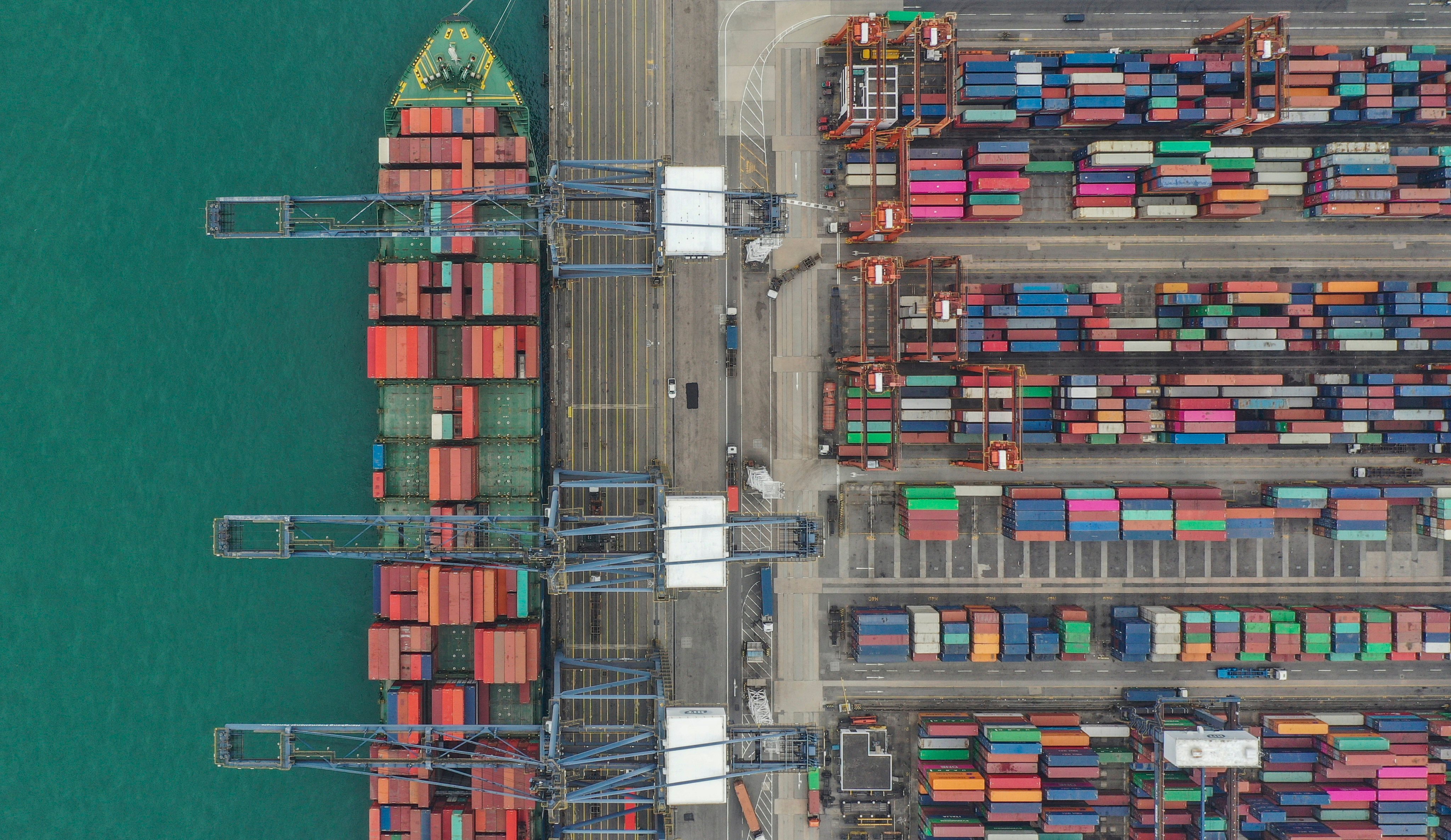Trade war risks could push global shippers to Asia’s arbitration hubs: analysts
Tariffs force a rethink in the shipping industry with legal centres like Hong Kong looking increasingly attractive, analysts say

The terms “United States exclusion clause” and “China risk clause” were frequently heard at a recent shipping forum hosted by Zhejiang Seaport Group in the eastern city of Ningbo, as uncertainties at sea persist despite the trade war truce reached between the world’s two biggest economies.
The event brought together global logistics sector representatives and maritime law experts to consider new contract clauses, strategies and arbitration options, as stakeholders fear that a return of Donald Trump’s sky-high duties and China’s retaliatory measures would upend global shipping.
As the forum concluded, participants agreed on the need to pursue arbitration to protect their interests, and that Hong Kong and nearby Asian hubs could help Chinese firms navigate the choppy waters of trade and geopolitics.
“More maritime legal professionals are asked by traders and shipping companies in China and abroad whether Trump’s tariffs and other sudden policy changes will be seen as force majeure,” said Zhuang Wei, Regional Manager of Asia at the Baltic and International Maritime Council, a Denmark-based body and one of the world’s largest international associations representing shipowners.
In shipping contracts, a risk or force majeure clause helps to relieve parties of responsibility for unforeseen circumstances – either natural or political – that could disrupt transportation. These clauses clarify who bears the cost of potential losses or damages caused by such events, Zhuang said.
“Tariff uncertainties also present an opportunity for Chinese arbitrators when shipping disputes are on the rise,” said Zhuang, also a member of the China Maritime Arbitration Commission. He noted that some parties may prefer to have cases heard and settled outside the West.
“Once there is a dispute and the case is arbitrated in London, Chinese entities may be forced to disclose information they want to keep private.”
“Against this backdrop, though London is still dominant [in maritime legal services], Singapore, Hong Kong and even Shanghai are catching up quickly as they handle more cases [from China than in the past].”
In mid-May, Beijing and Washington agreed to scale back tariffs for 90 days. But duties could skyrocket back to triple-digit levels in August, unless the two sides reach a new deal.
He Yiming, a deputy legal chief at China Merchants Energy Shipping, told the Ningbo forum, held on May 28, that Washington’s tariffs have prompted a rethink in China about which jurisdiction could guarantee greater legal certainty.
“Sanctions and tariffs are being abused and politicised to the extent that shipping contracts are no longer certain and arbitration becomes complicated… Chinese shipping firms and their clients may look elsewhere to find more suitable locations to sign deals and settle disputes,” He said.
Chinese entities should work together to use their growing global influence to promote positive cases, including disputes that have successfully been resolved in China or the rest of Asia, he added.
However, he cautioned that moving dispute resolution from widely established Western centres to China, or even Asia, would be easier in theory than in practice.
“There are long-standing procedures and precedents in the West. The global shipping industry is complex and involves traders, vessel leasing, at-sea transport and insurers… It’s all about managing global supply chains,” He said.
“It’s difficult, for now, to convince all related parties to choose Chinese laws for contracting, or an agency in China to settle cases.”
Hong Kong was a more realistic choice for China, He said, pointing to its strong legal system, robust maritime laws, sizeable ship registry and compliance with global standards, such as the New York Convention on recognising and enforcing foreign arbitral awards.
In September 2020, the Baltic and International Maritime Council designated Hong Kong as one of four arbitration venues, alongside London, New York and Singapore. Hong Kong is tied with Singapore as the second most preferred arbitral centre worldwide, according to the 2025 International Arbitration Survey published by Queen Mary University of London.